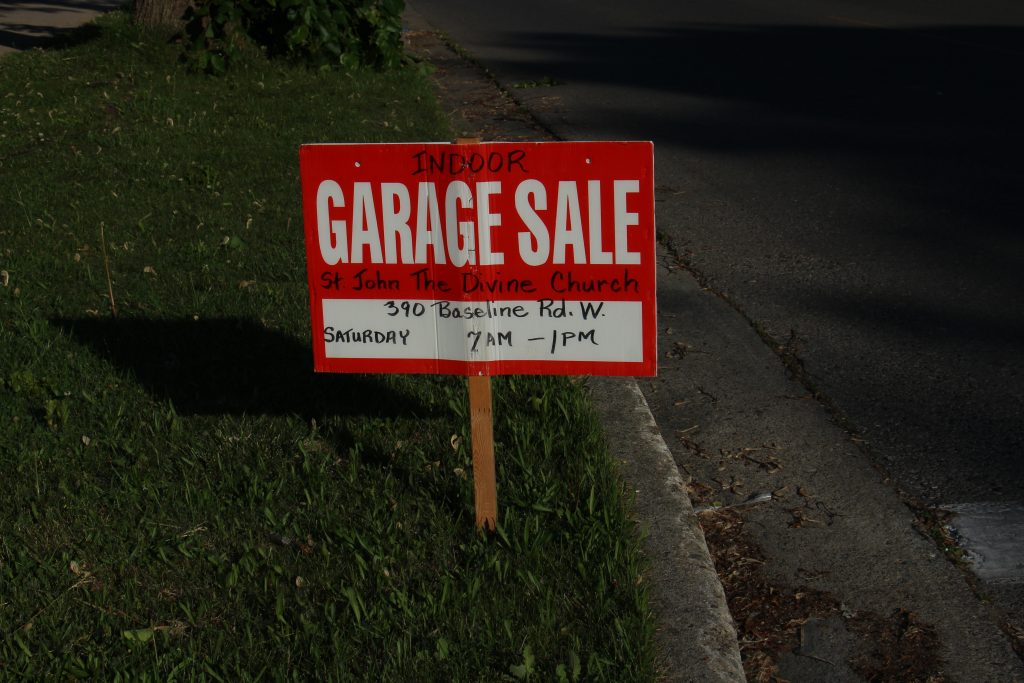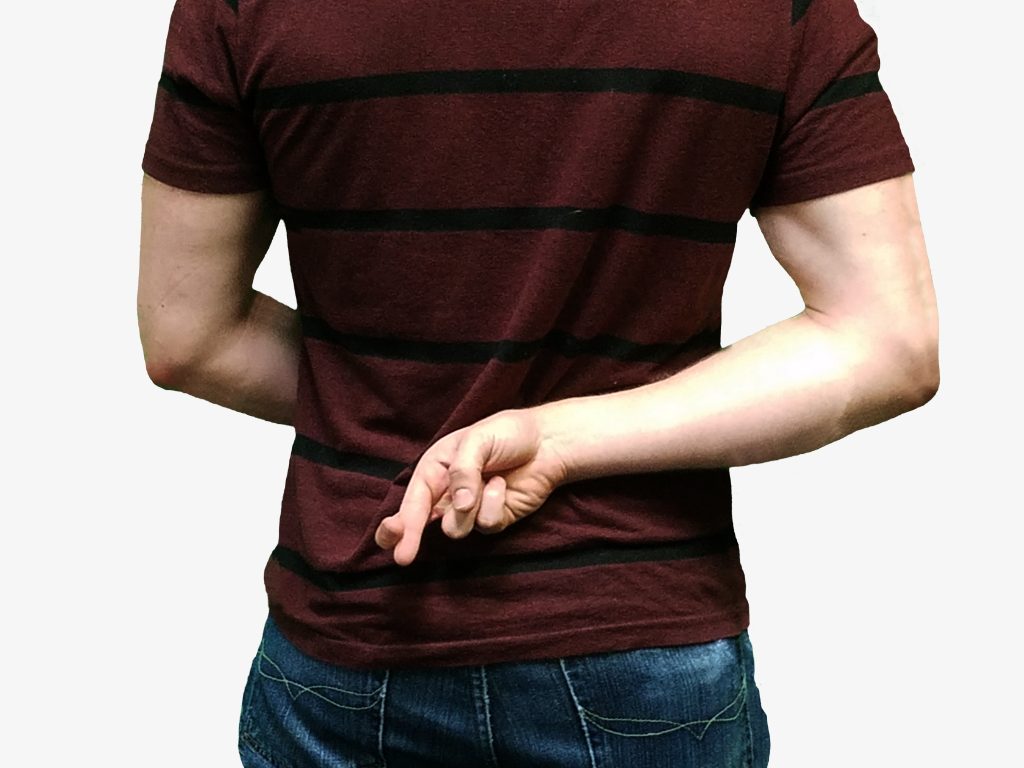 When receiving medical care, the choice of medical professional can influence your treatment. If you have been injured on the job, you might not be sure if you can pick your own doctor or if you have to use a doctor your employer selects. Under the Louisiana Workers’ Compensation Act, an injured worker is entitled to select a physician in any specialty for an initial visit. The employer is not required to approve the employee’s choice of physician. What happens if the employer claims the employee was not injured on the job?
When receiving medical care, the choice of medical professional can influence your treatment. If you have been injured on the job, you might not be sure if you can pick your own doctor or if you have to use a doctor your employer selects. Under the Louisiana Workers’ Compensation Act, an injured worker is entitled to select a physician in any specialty for an initial visit. The employer is not required to approve the employee’s choice of physician. What happens if the employer claims the employee was not injured on the job?
Blann Kyle filed a workers’ compensation claim against Boise Cascade Company (“Boise”), claiming he had lost his hearing as a result of his employment at a paper mill located in DeRidder, Louisiana. He filed the claim seven years after he retired. Kyle then filed a motion for an expedited hearing, under La. R.S. 23:1121. Kyle claimed Boise had not authorized his initial visit with his choice of physician. Kyle wanted the workers’ compensation judge to order Boise to authorize his initial visit to the physician he had selected, reimburse him for the medical expenses resulting from the testing and treatment by that physician, and pay penalties and attorneys’ fees. Boise countered that Kyle’s claims were prescribed, meaning he had waited too long to bring his workers’ compensation claim. Boise also claimed it was not proper for Kyle to request penalties and attorneys’ fees with his motion for an expedited hearing. The workers’ compensation judge denied Kyle’s motion, holding there was a “tenuous link” between Kyle’s alleged hearing loss and his employment. Therefore, Boise had acted properly in refusing him the choice of a physician. Kyle filed an appeal.
Louisiana courts have recognized that hearing loss can be caused by occupational exposure and can be an occupational disease where an injured worker is entitled to workers’ compensation. See Arrant v. Graphic Packaging International, Inc. Under La. R.S. 23:1121, an injured worker is entitled to select a physician in any specialty without his employer’s approval. If the employer denies that, the employee has the right to request an expedited proceeding. The employee can also receive attorney’s fees and penalties.
 Louisiana Personal Injury Lawyer Blog
Louisiana Personal Injury Lawyer Blog


 If you prevail in a lawsuit, you might be entitled to various damages. One type of damages available in Louisiana is
If you prevail in a lawsuit, you might be entitled to various damages. One type of damages available in Louisiana is  If the trial court does not rule in your favor, you might find yourself considering filing an appeal. However, just like filing an initial lawsuit, there are strict time limits for filing an appeal. If you do not comply with these time limits, the appellate court will be unable to consider the merits of your appeal, and you will be stuck with the trial court’s ruling.
If the trial court does not rule in your favor, you might find yourself considering filing an appeal. However, just like filing an initial lawsuit, there are strict time limits for filing an appeal. If you do not comply with these time limits, the appellate court will be unable to consider the merits of your appeal, and you will be stuck with the trial court’s ruling.  If you and your family members are injured in an apartment fire, you might think you would be able to recover for your injuries from the apartment owners. However, the law may only allow you to recover for your damages with sufficient evidence to support your claim.
If you and your family members are injured in an apartment fire, you might think you would be able to recover for your injuries from the apartment owners. However, the law may only allow you to recover for your damages with sufficient evidence to support your claim.  Depending on the outcome of a trial, when the jury renders its verdict, you might be excited or sad. No matter how you feel, you must review the trial court’s judgment to ensure it is sufficiently precise and definite to meet the requirements for a final judgment.
Depending on the outcome of a trial, when the jury renders its verdict, you might be excited or sad. No matter how you feel, you must review the trial court’s judgment to ensure it is sufficiently precise and definite to meet the requirements for a final judgment.  What are the consequences of lying in a workers’ compensation claim? They can be harsh, as shown in the following lawsuit. Betty Reeder, a Certified Nursing Assistant (CNA) at Hardtner Medical Center, found herself embroiled in a legal battle after suffering an injury on the job. This article examines the details of the lawsuit, delves into the relevant Louisiana workers’ compensation law, and analyses the Appeals Court decision that shaped the outcome.
What are the consequences of lying in a workers’ compensation claim? They can be harsh, as shown in the following lawsuit. Betty Reeder, a Certified Nursing Assistant (CNA) at Hardtner Medical Center, found herself embroiled in a legal battle after suffering an injury on the job. This article examines the details of the lawsuit, delves into the relevant Louisiana workers’ compensation law, and analyses the Appeals Court decision that shaped the outcome. In the world of litigation, there are often cases that raise questions about who should be held responsible for damages caused by certain events. Take the recent case of Christopher Blanchard, who claimed damages after his police car was hit by a stolen car. The trial court granted summary judgment in favor of the defendants, GoAuto Insurance Company and its insured, Demetrius J. Hicks, dismissing Blanchard’s claim for damages. The court ruled that Hicks, the vehicle’s owner, was not liable for the damages caused by an unknown thief who stole his truck and crashed it into Blanchard’s police car. To better understand how this came about, let us examine the facts and legal arguments of the case and explore the court’s reasoning for upholding the verdict.
In the world of litigation, there are often cases that raise questions about who should be held responsible for damages caused by certain events. Take the recent case of Christopher Blanchard, who claimed damages after his police car was hit by a stolen car. The trial court granted summary judgment in favor of the defendants, GoAuto Insurance Company and its insured, Demetrius J. Hicks, dismissing Blanchard’s claim for damages. The court ruled that Hicks, the vehicle’s owner, was not liable for the damages caused by an unknown thief who stole his truck and crashed it into Blanchard’s police car. To better understand how this came about, let us examine the facts and legal arguments of the case and explore the court’s reasoning for upholding the verdict. Licensed and professional commercial truck drivers usually carry heavy materials on their journey. Keeping these materials secured for any type of roadway issue is paramount. But what happens when these large trucks roll over and you think the weight shift was due to faulty or improper packaging? The Fifth Circuit Court of Appeals addresses the question as to whether there is enough evidence to bring a claim for a packaging malfunction that leaves you injured.
Licensed and professional commercial truck drivers usually carry heavy materials on their journey. Keeping these materials secured for any type of roadway issue is paramount. But what happens when these large trucks roll over and you think the weight shift was due to faulty or improper packaging? The Fifth Circuit Court of Appeals addresses the question as to whether there is enough evidence to bring a claim for a packaging malfunction that leaves you injured. What happens when a final judgment from a court lacks precise language as to the damages you should be awarded? The First Circuit Court of Appeals answers this question and explains the importance of precision and certainty in all civil case language.
What happens when a final judgment from a court lacks precise language as to the damages you should be awarded? The First Circuit Court of Appeals answers this question and explains the importance of precision and certainty in all civil case language. Horse races represent a lot of things: money, power, competition. The outcomes of races matter a lot to those involved, and debates about those races can be pretty contentious, even getting to court. When a back-and-forth about the rightful winner of a horse race makes it to the Second Circuit Court of Appeals, how does the court deal with this unique and specific area of law?
Horse races represent a lot of things: money, power, competition. The outcomes of races matter a lot to those involved, and debates about those races can be pretty contentious, even getting to court. When a back-and-forth about the rightful winner of a horse race makes it to the Second Circuit Court of Appeals, how does the court deal with this unique and specific area of law?